How Family Engagement Leads to Student Success
Waterford
JULY 7, 2022
Studies show that a family’s engagement has a direct positive impact on a child’s learning success. When families are engaged in their children’s school lives, students have the home support they need to develop a lifelong love of learning. With involvement, teachers hold the primary responsibility to set educational goals.







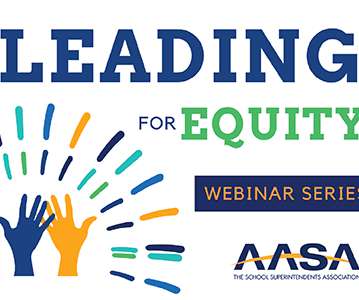





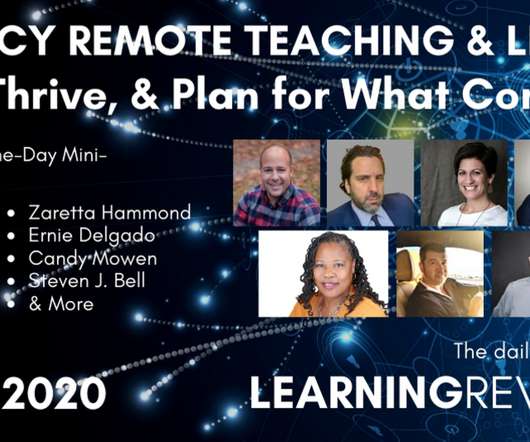


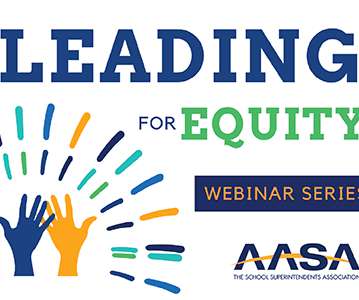
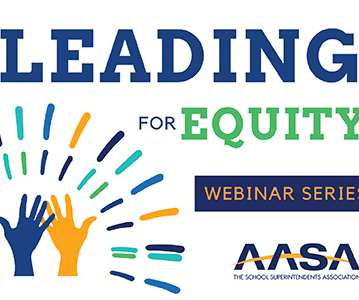





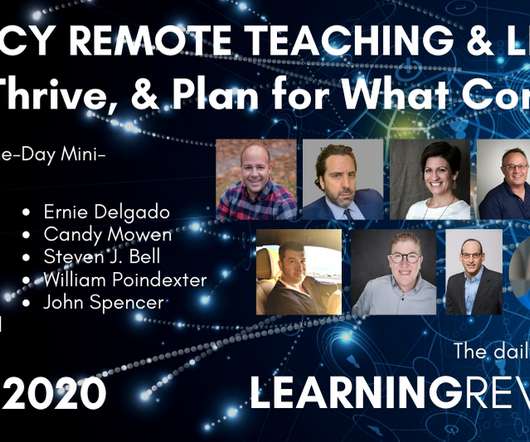

























Let's personalize your content